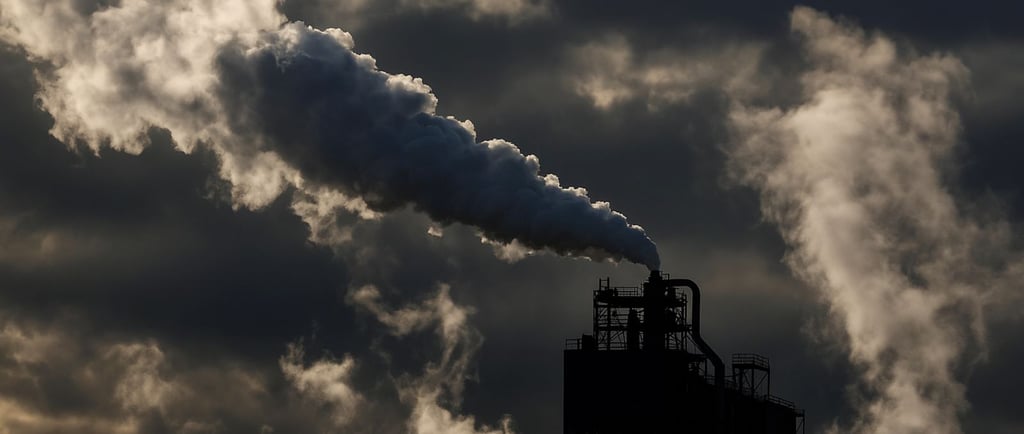The World Will Likely Pass 1.5°C of Global Warming within ~10 Years Unless Emissions Fall Much Faster
11/11/20251 min read


A new United Nations assessment says global greenhouse gas output climbed 2.3 percent this year to 57.7 gigatonnes of CO₂ equivalent. On present course, temperatures rise about 2.8°C this century. Even if every national plan is fully delivered, warming still lands around 2.3 to 2.5°C. That gap drives policy choices, investment timelines, and how lenders and insurers price climate risk.
Reports say a breach of 1.5°C is very likely within the next decade unless cuts accelerate sharply. It notes a modest improvement versus last year of roughly 0.3°C in end-century projections, but stresses that the change is not enough to realign with the Paris guardrail. A decade ago the world was heading for roughly 4°C, which underscores progress but also the scale of the remaining shortfall.
At 2°C, the share of people exposed to extreme heat more than doubles compared with a 1.5°C world, which increases health risks and productivity losses in major cities and along key industrial corridors. Coral reefs face severe decline, with at least 70 percent loss at 1.5°C and around 99 percent at 2°C, threatening tourism and fisheries that support millions of jobs and significant export revenue.
Markets now have two numbers to reconcile. Physics points to a near term overshoot of 1.5°C, while current policies still add up to about 2.8°C and full delivery of pledges only narrows that to roughly 2.3 to 2.5°C. The near term translation is direct. Accelerate real emissions reductions and simultaneously invest in heat resilient grids, industry, and coasts, because the starting line is already 57.7 gigatonnes of CO₂ equivalent a year.
Earthian AI
Earthian AI is the Earth-focused risk intelligence engine headquartered in the Netherlands with international offices in Munich, Germany, and Paris, France.
hello@earthianai.com
© 2025. All rights reserved.
Netherlands
Munich: Josephspitalstraße 15, Bavaria 80331, DE
Enschede: De Hems 10, 7522NL, NL (Mailing)
Tel: +31 641 19 16 81
Germany
Amsterdam: Rokin 92, 1012KZ, NL
Tel: +49 160 978 38 013
France
Station F
Paris: 5 parvis Alan Turing, 75013 Paris, France
